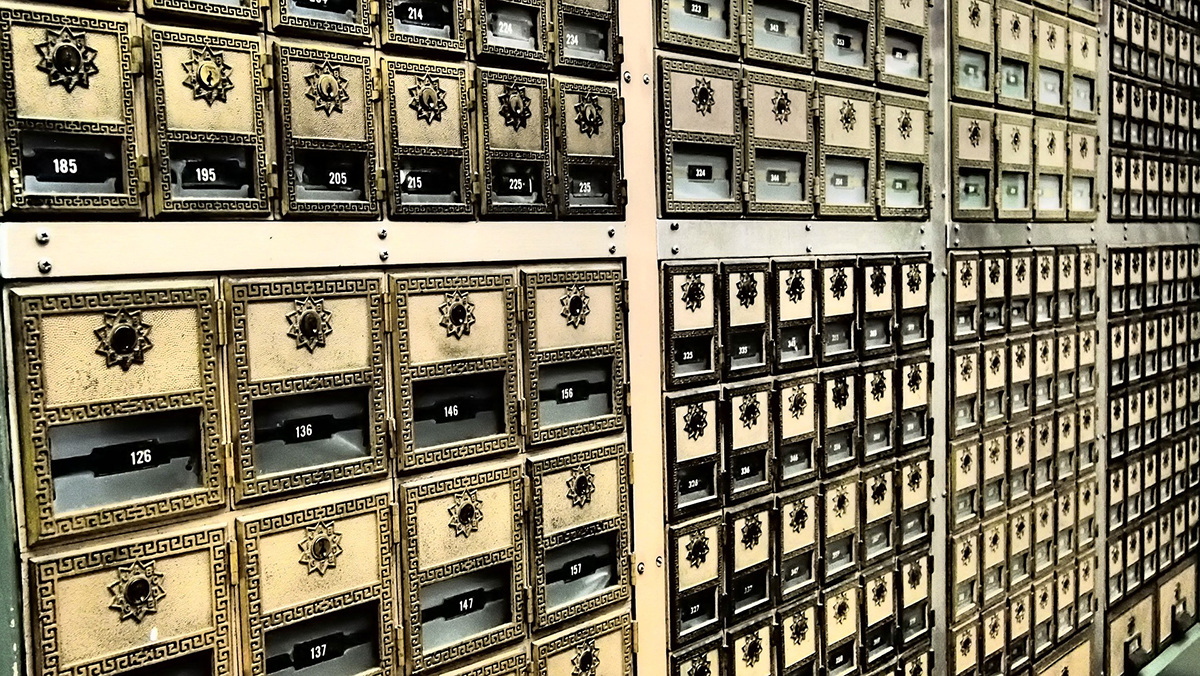Your original will needs to be found in the event of your death, otherwise the provisions in it won’t be enforced. If the original will cannot be located, Pennsylvania law presumes that you revoked it and your assets could be distributed according to the state’s intestacy laws to people who you would prefer not to inherit. Although there are ways for a lawyer to attempt to probate a photocopy of a will, doing so can be expensive with an uncertain outcome.
If your will excludes relatives who would otherwise inherit your estate in the absence of your will, then extra precautions should be taken to safeguard it. Although suppressing a will is a serious crime in Pennsylvania, an excluded family member may find it and be tempted to destroy it.
In our experience, clients do not often lose their original wills to fire or theft. The biggest risk of loss seems to be misplacement of the document. Our clients or their heirs simply do not remember where the document has been placed for safekeeping.
So where should you store your will?
Here are some options to consider:
Bank Safe Deposit Box
 Our strong recommendation is that you keep your will in your own safe deposit box with a local bank and tell your executor the name and location of the bank branch. You can also have your lawyer note the safe deposit box location in your file. If you pre-plan your funeral, have the funeral director note your file with the location of your will.
Our strong recommendation is that you keep your will in your own safe deposit box with a local bank and tell your executor the name and location of the bank branch. You can also have your lawyer note the safe deposit box location in your file. If you pre-plan your funeral, have the funeral director note your file with the location of your will.
In the event of your death, a safe deposit is “frozen” and access is prohibited by non-spouse co-owners of the box. There are two exceptions. The box may be entered by family members without probate for the limited purpose of searching for a will and cemetery deed. Pennsylvania law allows access to the safe deposit box after the death of the owner without probate for these two reasons.
When entering a box to search for the will or cemetery deed, a bank employee is going to accompany the family members searching for the document, and must complete form REV-487 from the Pennsylvania Department of Revenue. No other documents or items may be removed from the box until the executor is formally confirmed by the Register of Wills Office and returns to make a full inventory of all contents in the box. We do not recommend that you keep your will (or any belongings) in somebody else’s safe deposit box. In our opinion, a bank safe deposit box is the best and most secure place to keep your will.
Safe at Home
Many of our clients prefer not to pay for a safe deposit box, but do have a fire-resistant safe at home, and this can also be a suitable place for you to keep your will. Of course you should be sure to tell your executor how to get into the safe at the time of need. One note of caution, thieves may make off with your safe if it is not heavy and bolted into the floor. We have had two clients over the past 20 years who had their safes (and wills) stolen in this manner.
 Filing Cabinet at Home
Filing Cabinet at Home
If you do not have a safe deposit box or safe, you probably have one central location at home where you organize your financial records and important documents. We recommend that if you choose to keep your documents at home, that you show your executor the exact location of your original will during your lifetime.
Some of our clients relocate in their later years to new living arrangements. Sometimes those helping with the move discard seemingly unimportant financial records in the process. Documents are boxed up, put in storage, and sometimes thrown away. We receive several phone calls per year where family members are struggling to find an original will that had been kept at home but cannot be found after the sale of a house or other relocation. Keeping your original will at home is not ideal, but if you do, definitely tell your executor where it is. If your will excludes a family member, the will should not be kept at home if that family member may have access.
With Your Lawyer
Some law firms offer to hold wills for safekeeping. At our firm, we recommend that clients keep the wills in their safe deposit boxes. However, if you choose to leave your original will with a law firm, keep a photocopy in a safe location at home or scan it into your computer, and tell your executor that the original has been left with your lawyer. Ask the lawyer what will happen to your will in the event of his or her death, or retirement.
The fact that the law firm holds your will does not obligate the executor to hire that firm for legal advice with the estate administration. The executor has the right to hire the law firm of his or her choosing, and does not need to retain the law firm which has been safekeeping the original will.
About Gerhard & Gerhard, P.C.
Robert C. Gerhard, III is an elder law attorney with the Montgomery County estate planning and elder law firm of Gerhard & Gerhard, P.C. Attorney Gerhard has handled estate planning and administration matters for over 20 years. Contact us for assistance!


 Filing Cabinet at Home
Filing Cabinet at Home

